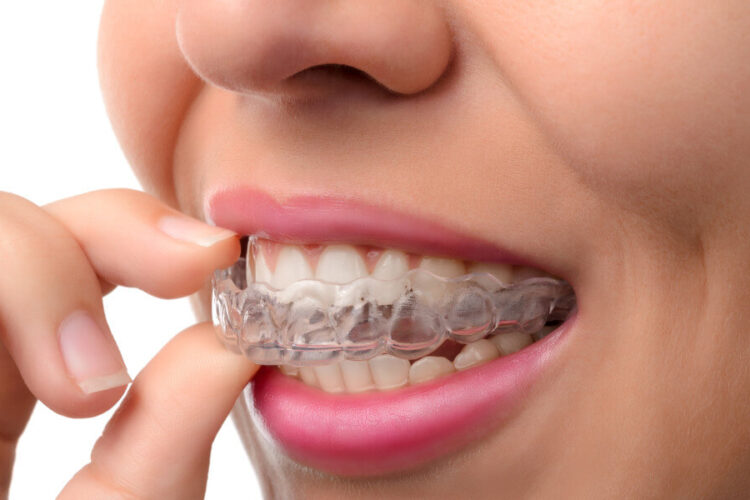If you did not have any episodes of sore jaws or severe headaches before, but now you can not clear these symptoms, you may have bruxism. Bruxism is a condition characterized by teeth grinding, clenching, or gnashing. When this occurs while conscious, it is known as awake bruxism, whereas patients who clench or grind their teeth during sleep have sleep bruxism. Stress is one of the leading causes of bruxism. Greenbelt general dentist can help.
- Prevent Tooth Destruction
Since teeth grinding occurs when you fail to remain in control, the more you ground your teeth, the more you expose your teeth to erosion. Erosion of the enamel induces hypersensitivity. Consequently, your mouth may struggle to withstand hot or frigid beverages and foods. Furthermore, teeth grow more vulnerable to decay without enamel to safeguard them. Infections are likely to develop when tooth erosion progresses into the tooth’s enamel.
- Protects against Temporomandibular Disorder
The temporomandibular joint (TMJ) links the lower mandible to the skull and influences the chewing muscles. When you clench your teeth during sleep, you exert pressure on the TMJ, which can lead to misalignment. When misaligned, TMJ dysfunction develops. The disorder causes chewing difficulties, discomfort in and around the ear, and even headaches. You may also cause irreparable injury to the articular disk, leading to disk displacement. This may result in your jaw abruptly locking open or closed, necessitating a journey to the emergency room. A nightguard prevents the disorder from developing by relieving any muscle tension you may cause.
- Prevent Persistent Headaches
Since TMJ dysfunction manifests as migraines, chronic neck pain and headaches are typically the initial signs of potential bruxism. Headaches are caused by tense muscles in the neck, shoulder blades, mouth, and mandible. However, before you immediately diagnose yourself with bruxism, you can confirm that your migraines are triggered by teeth grinding and tightening. One method is to examine the exterior of the teeth; if they have become flattened instead of pointed, it is probable that you grind your teeth in while you are asleep. Another method is to check for gum and bone recession, which can be caused by clenching. Since you no longer have to tense your muscles, a custom-fitted nightguard eliminates migraines.
- Saves Dollars!
A $20 nightguard that is one size suits all is not recommended due to its discomfort. A custom-made dental nightguard can cost up to $800, which can be prohibitively expensive for most bruxism sufferers. However, the cost should not prevent you from hiring a night guard. Compared to the cost of restorative dentistry, the expense of a nightguard is less expensive. Restorative dentistry will be the only solution to your dental problems once your teeth have become worn and fractured, which is expensive.

